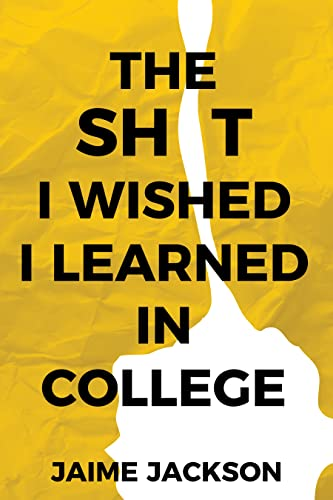CONTROL
“If everything seems to be under control,
you are not going fast enough.”
Mario Andretti
There are very few things we can control. We can control how we
choose to see things. How we choose to react to things. We cannot
always control what happens to us or around us, but we can control
how we react to it. Our anxiety comes from wanting things that are
outside our control. We can control our point of view. We can control
how we feel. How we see the world. How we react to circumstances
around us. We can prepare. We can train. We can get in the arena. We
can just get started. We can get out of our comfort zones. We can get
on the surfboard and be riding the wave, then we may find ourselves
underwater. Relax, accept it, rely on your physical and mental training
and the waves will pass over us. We know what we must do. Do our
best. Do the work. We cannot always control the stimulus, but we
can control our response. We can control our own behavior, our own
actions, and reactions. We must focus on what is within our control
and let go of what we cannot control. What other people do and think
is their choice, not ours. Who cares what other people think, they have
their own problems and are not thinking about us anyway. Do what
we can do and do it well in line with our virtues and values. Control is
defined in the dictionary as: “to exercise restraining or directing influence
over; to have power over.” How do we choose to exercise our
control? Do we choose to respond with anger, spite, vitriol, revenge?
The better course of action is to pause, reflect, contemplate, plan
out our possible choices and responses, then respond with courage,
confidence, contemplation, calmness, clarity, and character. Be better.
Do not make assumptions. Consider the other person’s point of view.
Consider you may not always be right. You do not know all the facts.
You have something to learn. Be curious. Cool as a cucumber. Calculated.
Cunning. Often the best revenge is to not act like the other
person is acting. Have the courage and mindset to look at what you
can control and let go of what you cannot control.
At first thought, this is tough to reconcile with the Stoic benchmark
principles Epictetus taught of concentrating on what you can control
(your thoughts, mind, and choices) and what you cannot control (externals).
The concepts are perfectly aligned. Like the racecar driver, a
skier, biker, we are behind the wheel. We are in control. That is until
you hit a pothole, or someone hits you, but those are externals. If we
focus on what we can control, we can indeed put the pedal to the metal
and act. Pushing ourselves to the limits. It may be a fine line, but it is
indeed within our control. How far we push ourselves. We may have
the sensation we are “out of control,” however, with well- planned
preparation and training we are not. We maintain control of ourselves
and proceed according to our well thought out plan. External problems
may happen on our journey that temporarily send us spinning out of
control, but we remain behind the wheel with our feet on the gas or
brake, shifting gears as we go but still in control.
You can get the International bestseller The Shi*t I Wished I learned in College here:
https://www.amazon.com/dp/B0C5FMWDGW

